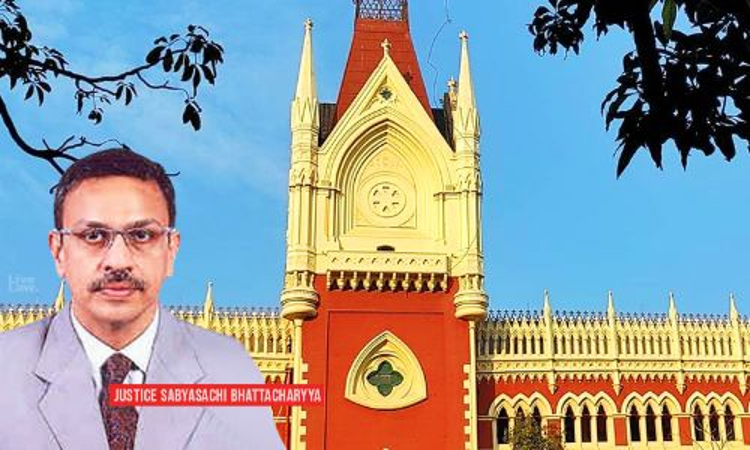The Calcutta High Court bench of Justice Sabyasachi Bhattacharyya has held that the grounds for challenging an arbitral award under the Arbitration Act of 1940 are more limited compared to those under the Arbitration and Conciliation Act of 1996. The High Court considered the grounds enumerated under Section 34 of the 1996 Act which allow for a challenge if a party was incapacitated,...

